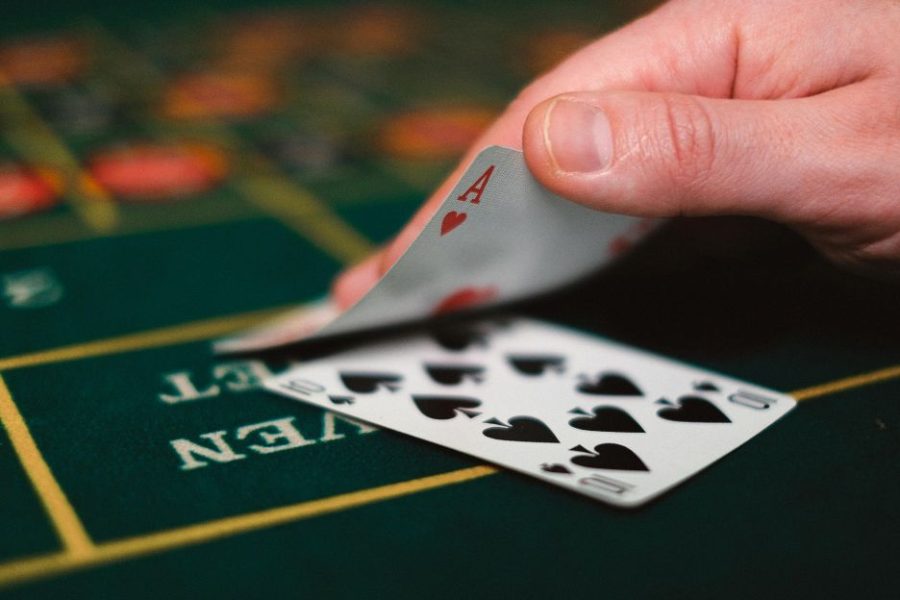There’s a particular look people get when they’re three drinks in and down half their budget in the first hour. It’s not exactly regret. More like mild confusion. As if the evening has gone and reshaped itself while they weren’t looking, and now they’re trying to decide whether to laugh or leave. Most of the time, they stay. But not for long.
The idea of casino longevity—making your play last, keeping the night going without burning through everything at once—gets dressed up in a lot of jargon. People talk about bankroll strategy as if they’re managing a hedge fund. But really, it’s just common sense. You don’t show up at a dinner party and eat all the bread in the first five minutes. You pace yourself. You notice the room. You enjoy the thing for what it is. That’s all this is: not finishing the evening before it starts.
Know What You Came For
Start small. Before you even log in or step onto the carpet, decide why you’re here. Not in a profound, life-purpose sense—just practically. Are you hoping for a few hours of entertainment, or are you chasing something? Be honest. Most people are somewhere in between: they want the thrill without the spiral. A couple of good runs, a nice story to take home. Nothing that requires self-repair.
Once you’ve figured that out, set your budget accordingly. Not your mortgage. Not your holiday savings. Just what you’d spend on a night out. Maybe a little more, if it’s a special occasion. And when that money’s gone, it’s gone. That’s the deal. Don’t try to win it back. That part never ends well.
Play Where It Matters
Not all casinos are equal. Some are built for people who understand odds, who read the terms, who notice when the small print shifts underfoot. Others aren’t. The highest-rated casinos tend to reward attention and care. They don’t feel like a trap. They offer decent return-to-player rates, clear wagering conditions, and a general sense that the house might be clever, but not sneaky.
The difference isn’t always obvious at first. One platform might look identical to another, but there’s often a quiet line between what’s reputable and what’s not. The highest-rated casinos typically sit on the better side of that line. Reviews help. So does asking around. But mostly, you’ll know by how the place treats your time and your money—whether it gives you space to play without rushing you, whether bonuses come with endless caveats, whether the whole thing feels just slightly tilted. It’s not about paranoia. It’s about paying attention.
Resist the Urge to Go Big Early
There’s a moment—usually in the first twenty minutes—when you feel invincible. You win a couple of spins, hit a small streak on blackjack, and suddenly your whole approach shifts. You start upping your bets. You start “testing” your luck. The night, once manageable, becomes an expedition. This is often when things go sideways.
Momentum is deceptive. Just because things start well doesn’t mean they’ll stay that way. It’s fine to ride a bit of good fortune, but not at the expense of your budget. If you’re up, set some of it aside. If you’re down, don’t double down. (They call it chasing for a reason—it’s not meant to be caught.) Slow play is underrated. So is folding. So is taking a breath before another round.
Break It Into Bits
Dividing your budget into segments—per hour, per game, even per mood—might sound clinical, but it’s remarkably freeing. It means you’re never completely out, never blowing the lot in a single ill-advised streak. It also helps to change games. Roulette one hour, video poker the next. The shifts keep you from getting tunnel vision.

This kind of soft structure makes the evening feel more like a tasting menu than a buffet. You get to sample, step away, come back. There’s rhythm to it. And rhythm, when it comes to gambling, is a form of control disguised as flow. You’re not riding the current—you’re steering.
Log Off When You’re Done
The hardest part is leaving. Not because you’re losing, necessarily—but because your brain hasn’t caught up with your wallet. It still thinks there’s more to come, that the next hand will be the one. But endings are important. Quietly exiting with something left, even if it’s just a little self-respect, is a small win in itself.
Set a time limit before you start. Not a rigid one—just a guide. Let yourself play, but leave some edge on the experience. You’ll want to come back, and that’s good. That’s part of the long game. Anyone can blow through an evening and be done. But the real satisfaction comes from knowing you could’ve stayed longer, and chose not to.
FAQs
Does pacing really make a difference in how long your bankroll lasts?
Yes. Studies suggest that players who control their bet sizes and break their session into timed intervals play longer and report more enjoyment. It’s not just anecdotal—it’s behavioural science.
Is there a ‘right’ amount to bring to a casino session?
There’s only the amount you can afford to lose without consequence. That’s the real benchmark—not what others spend, or what the pot could be. Keep it finite, and keep it personal.






 Your total news and information resource for all things Science, Technology, Engineering / Mathematics, Art, and Medicine / Health.
Your total news and information resource for all things Science, Technology, Engineering / Mathematics, Art, and Medicine / Health.
Leave a Comment